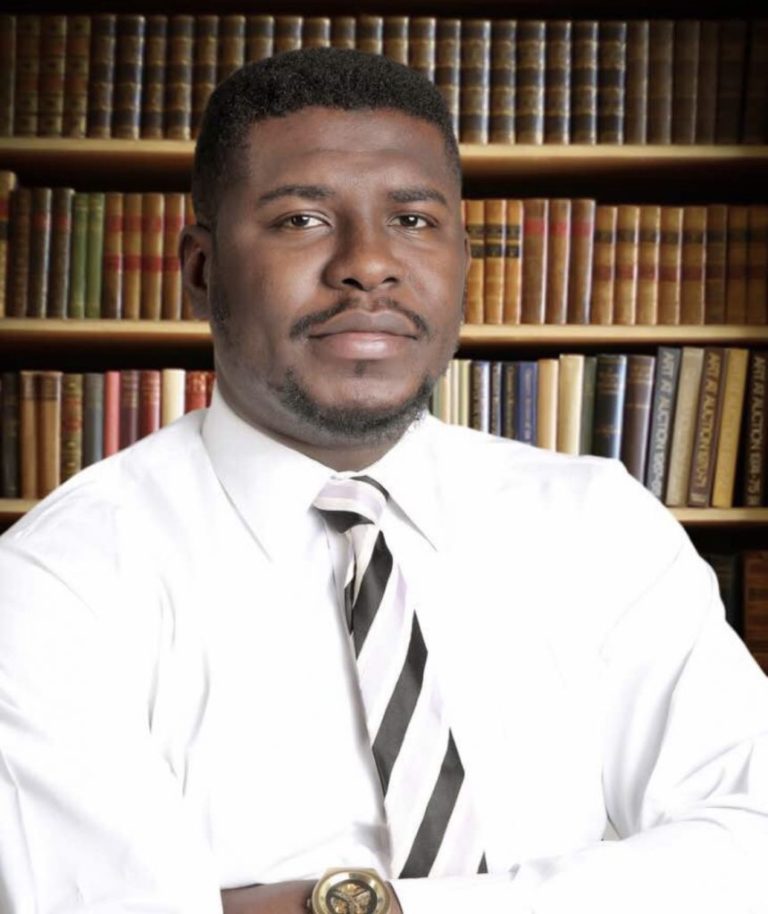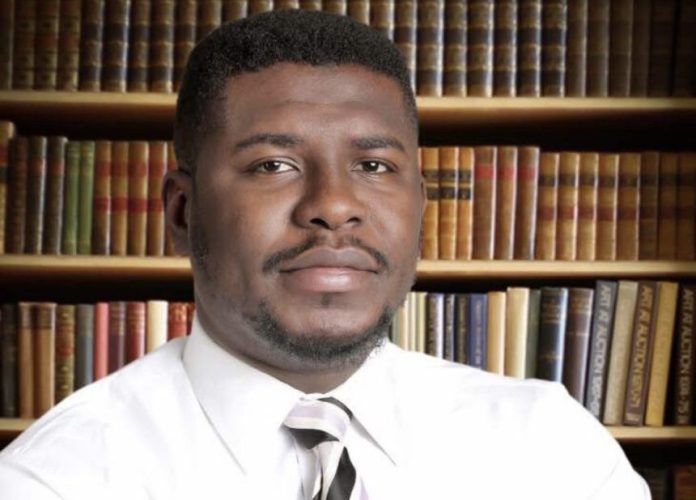I had two bosses of mine who wanted me to work with them directly in 2002. Both bosses were highly competitive and I was caught in a crossfire, kind of.
Both of them sent a mail to HR requesting for me and HR now sent me a mail that I should make a choice. The HR person copied both bosses the mail sent to me. How do I make a choice without offending the other?
Eventually, I told both of them (separately) that they are my bosses and whatever they decide is okay with me. One of them now sent a mail to HR that I agreed to work with him.
I was subsequently deployed to him- of course, the other person felt slighted but the issue was handled well because the mail did not emanate from me. That was actually my introduction to office politics.
All workplaces are political because of 3 major reasons:
- We carry our personal lives into our professional lives.
- Politics is about people. Where there are people, there will be politics.
- Everyone has an agenda in the workplace. For some it’s promotion, salary, etc
For as long as there are diverse opinions, competing interests and different personalities, there will be politics in the workplace. You can’t run away from office politics as if you don’t know how to play well, you’ll pay for it.
Your work alone will not get you promoted, especially at certain levels. There is someone else who knows what you know. How well you manage or handle office politics is a predictor to how far you will go. You’ll be left behind if you don’t know how to handle it.
You don’t have to play dirty. The higher you rise in your career, the more politically savvy you must be. Achieving set targets and your KPIs is just half of the job. Talent is not enough.
There are 3 major factors that may help us understand the workplace: - Power & Influence Structure
Who are the real brains behind the business?
Who are the key decision makers?
Who are the influencers?
Who is respected?
Who champions or mentors others?
In every office, there are formal and informal leaders. There are leaders without titles. The secretary to the boss may be very influential. Know who holds power or wield influence.
- The Rules
There are written rules and unwritten rules. Written rules include staff handbook, etc. Unwritten rules can be as basic as who sits where, etc.
- The Culture
Is it conservative? Innovative? Hierarchical?
Culture is the way things are done.
During the banking consolidation era, I was part of two organisations that came together. In my legacy company, we had a first-name basis policy.
However, when we merged with the other organisation, I called another colleague in the other company by his first name and he took a serious exception to it. I had to prostrate to apologize because he threatened to deal with me. Understand the culture of the place where you work
12 tips on handling workplace politics:
- Understand the political landscape and culture. Don’t ‘jump’ when you get to a new place or environment. Observe.
- Develop your social skills and relational intelligence.
Network. Build relationships.
- Don’t wear your emotions on your sleeves at work. Be careful how you send mails. Never send mails when angry. Don’t get personal.
- Mind your speech when you’re with power brokers or in the office. Don’t say what you’ll be ashamed of if you’re quoted. Be careful when others carry gossips to you. Silence can never be misquoted.
Never speak ill of your boss. .
I end up hearing what my subordinates say about me.
- Be quick to adapt when there is a leadership change. Change is constant- expect it.
- Be good at reading people, especially your superiors. Study their moods. You’ll be more effective if you can read your bosses more correctly.
- Give credit to your boss and demonstrate loyalty. Every boss likes those who make them look good. It’s just human nature.
- Be in the good books of the immediate staff of your boss. Don’t under- rate them. They have more influence than you think.
- Cultivate relationships. You’ll go far if you know how to manage relationships. Your relational intelligence will take you father than IQ can. Be likeable. People recommend only those they like.
- Never display your ambition openly.
Everyone has ambitions. Be careful who you share your plans with. Don’t cast your pearls before swine. Maintain a guard on your lips.
- Develop other abilities that make you relevant and indispensable at work.
Have cross-functional skills. Don’t be a one-role specialist.
- Be professional in all you do.
You’ll be hard to get if you’re professional.
(Excerpts of a presentation at a workshop) copied.













